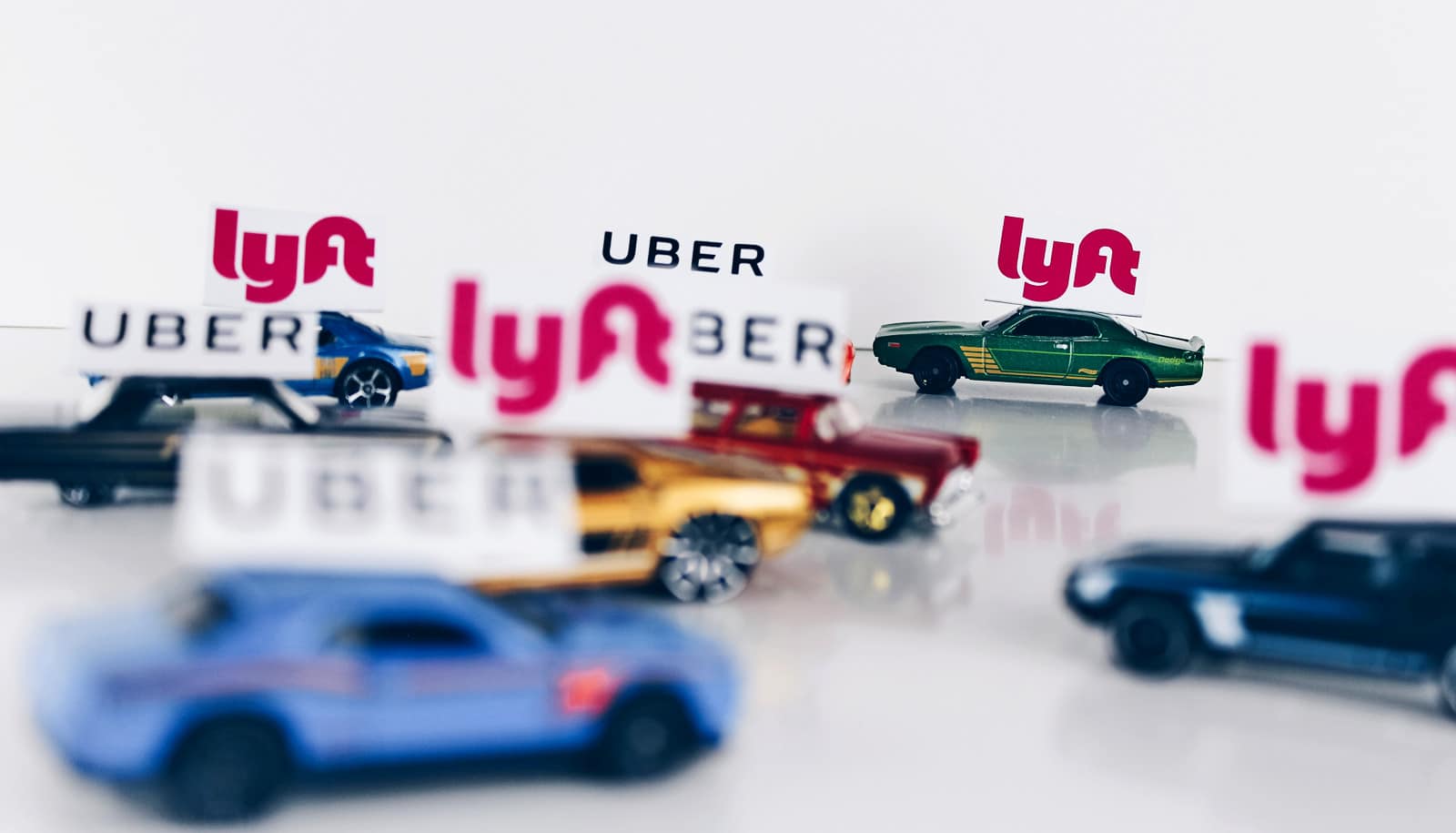Next week, Uber and Lyft drivers plan to strike in eight major US cities in an effort to raise their wages and improve working conditions. Will it work?
Probably not, according to Joyce Beebe, a fellow in public finance at Rice University’s Baker Institute for Public Policy who has recently published research on the “sharing economy.”
The drivers, in Los Angeles, Boston, Chicago, Minneapolis, Philadelphia, San Diego, San Francisco, and Washington, DC, are seeking a minimum wage of $28 an hour, which they say amounts to about $17 an hour after gas and other expenses.
“Uber and Lyft are unlikely to increase drivers’ minimum wage to $28 simply because of the May 8 strike,” Beebe says. “The success of their business models attributes, in a large part, to the independent contractor classification of their drivers.”
Uber is set for an initial public offering (IPO) this month that could value the company at more than $90 billion.
“The companies may offer to increase drivers’ pay on a one-time bonus basis or in small increments, but remember, although Uber is a tech unicorn, it is still deep in red, losing over $1 billion in 2018,” Beebe says. “After the IPO, Uber will face pressure from investors and the market to show financial improvements, which makes substantial increases in drivers’ pay unlikely.
“Drivers are more likely to get the $28 hourly wage by going through the legislative process, following the (New York City) model,” she adds. “However, this is also going to be a long-term battle because Lyft already filed a lawsuit against NYC.”
Still, Beebe is not surprised drivers decided to strike.
“It is potentially inspired by the success of New York City’s driver minimum wage law enacted recently $27.86 gross and $17.22 after fees and expenses and the timing of Uber’s impending IPO,” she says.
“The fundamental issue is that the drivers are classified as independent contractors instead of employees, a position Uber defended fiercely in court,” Beebe says.
“Platform companies typically can save 20-30 percent by hiring workers as independent contractors instead of employees, because they are not obligated to offer overtime pay, provide benefits, withhold income taxes, or pay the employer share of Social Security and Medicare taxes (7.65 percent).
“Drivers, on the other hand, not only have to pay the full 15.3 percent of the self-employment taxes (and) federal and state income taxes, they also have to pay for their own repair and maintenance for their vehicles and other necessary expenses. Although the drivers enjoy flexibility, they also increasingly experience income and job instability.”
Source: Rice University


